A massive product recall is underway as the FDA flags a number of chocolate and confectionary products as posing a risk to the health of the public.
Just how much chocolate? A whopping 4,383,201 pounds of sweet products. The reason for this huge recall operation — potential contamination with Salmonella.
The FDA Recall
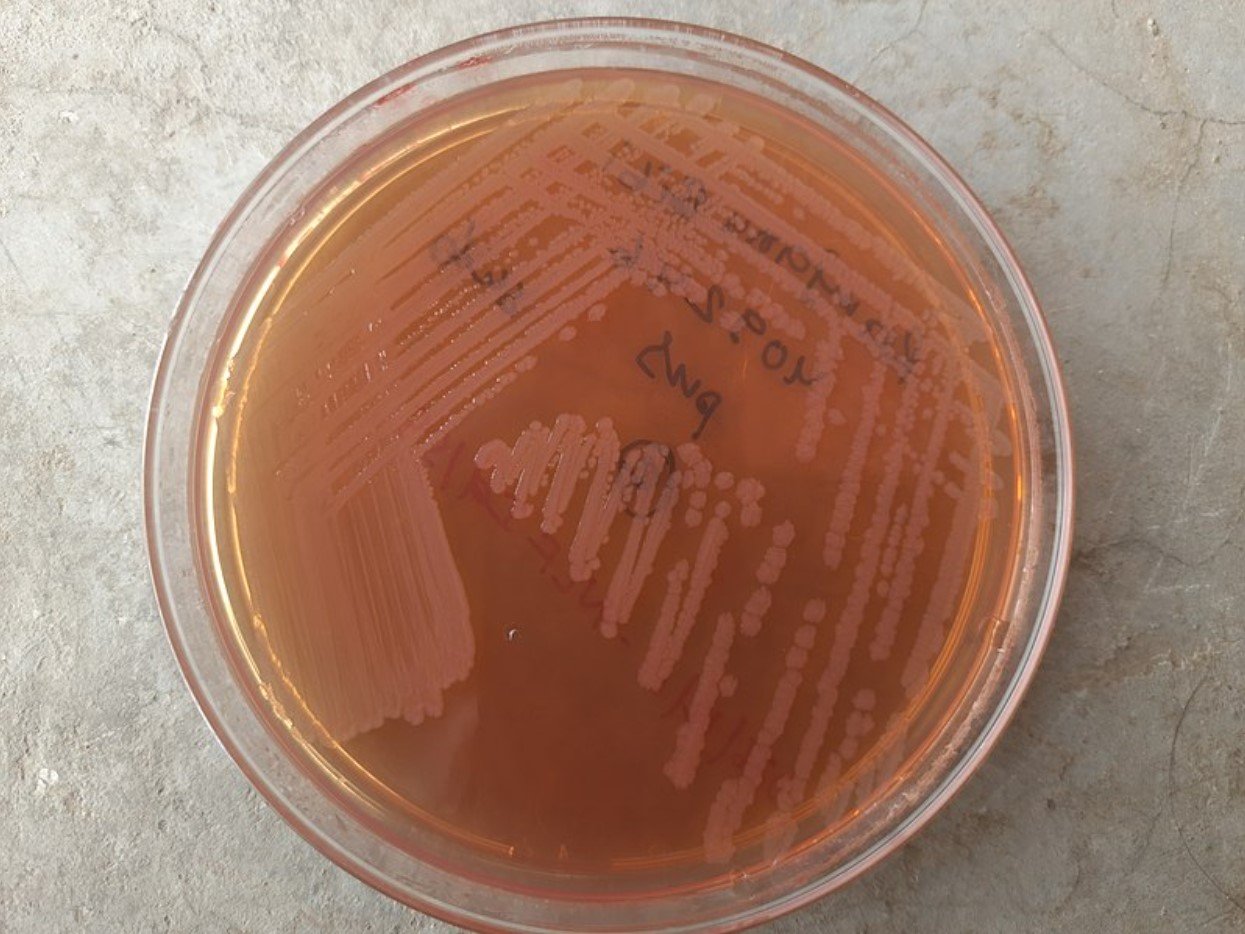
The FDA initiated a recall on May 3 for a range of chocolate and confectionary products produced by Wisconsin-based Clasen Quality Chocolate Inc. (CQC).
The recall, updated on June 18, was for the potential presence of Salmonella. The FDA has identified the potentially contaminated products as a Class II risk.
What Is a Class II Risk Level?
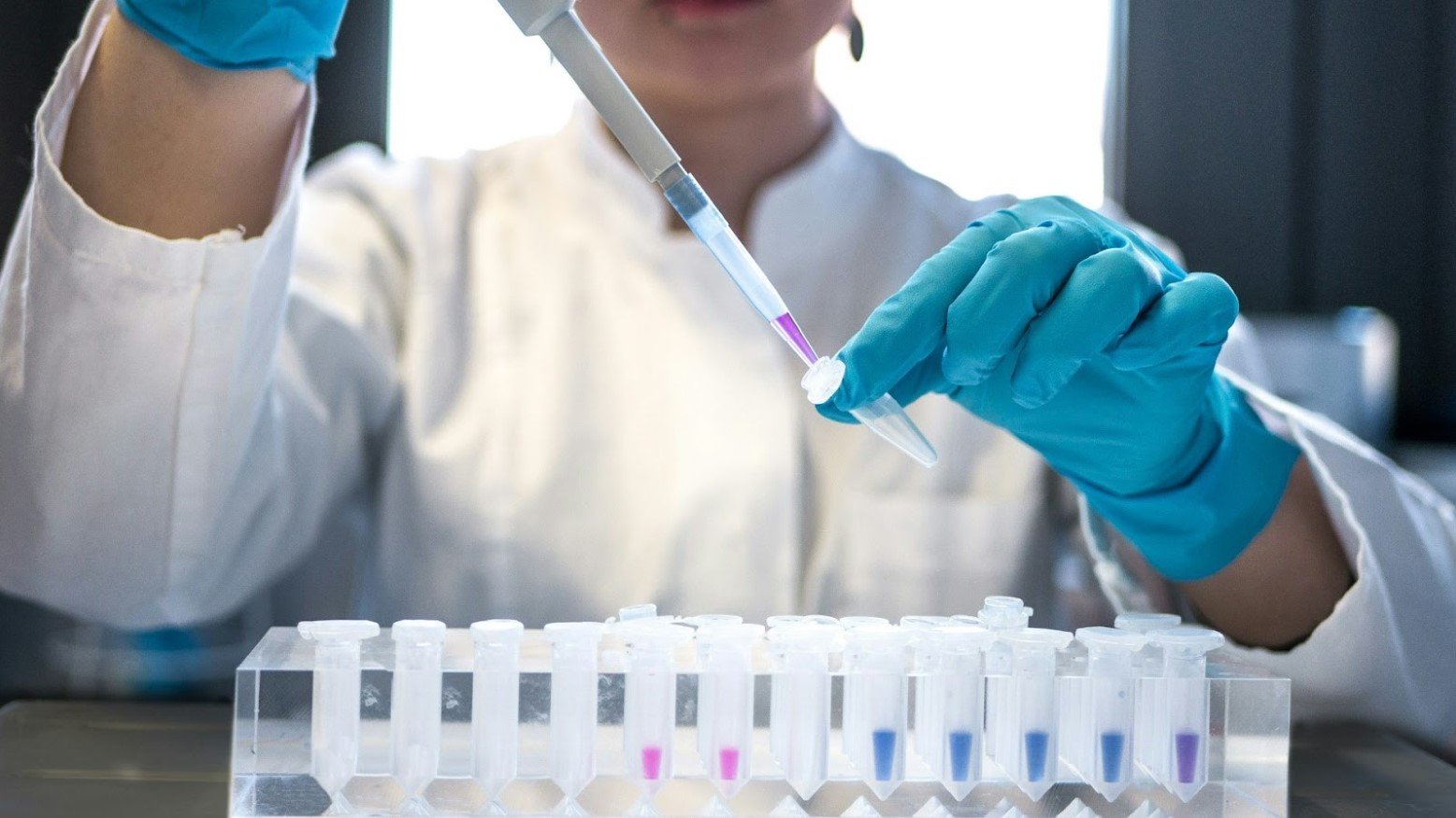
The FDA has three levels of classification to indicate the relative health hazard posed by a product being recalled. These levels are given a numerical designation of I, II or III.
Class II indicates a situation where the “use of, or exposure to, a violative product may cause temporary or medically reversible adverse health consequences or where the probability of serious adverse health consequences is remote.”
How Did the Contamination Happen?

The classification update from the FDA doesn’t actually detail how these products potentially became infected with the food-borne pathogen.
There are several different ways processed food products can be contaminated with Salmonella, including unclean equipment and improper employee hygiene. Fortunately, there seem to have been no reports of illness at this stage.
What States Are Affected?
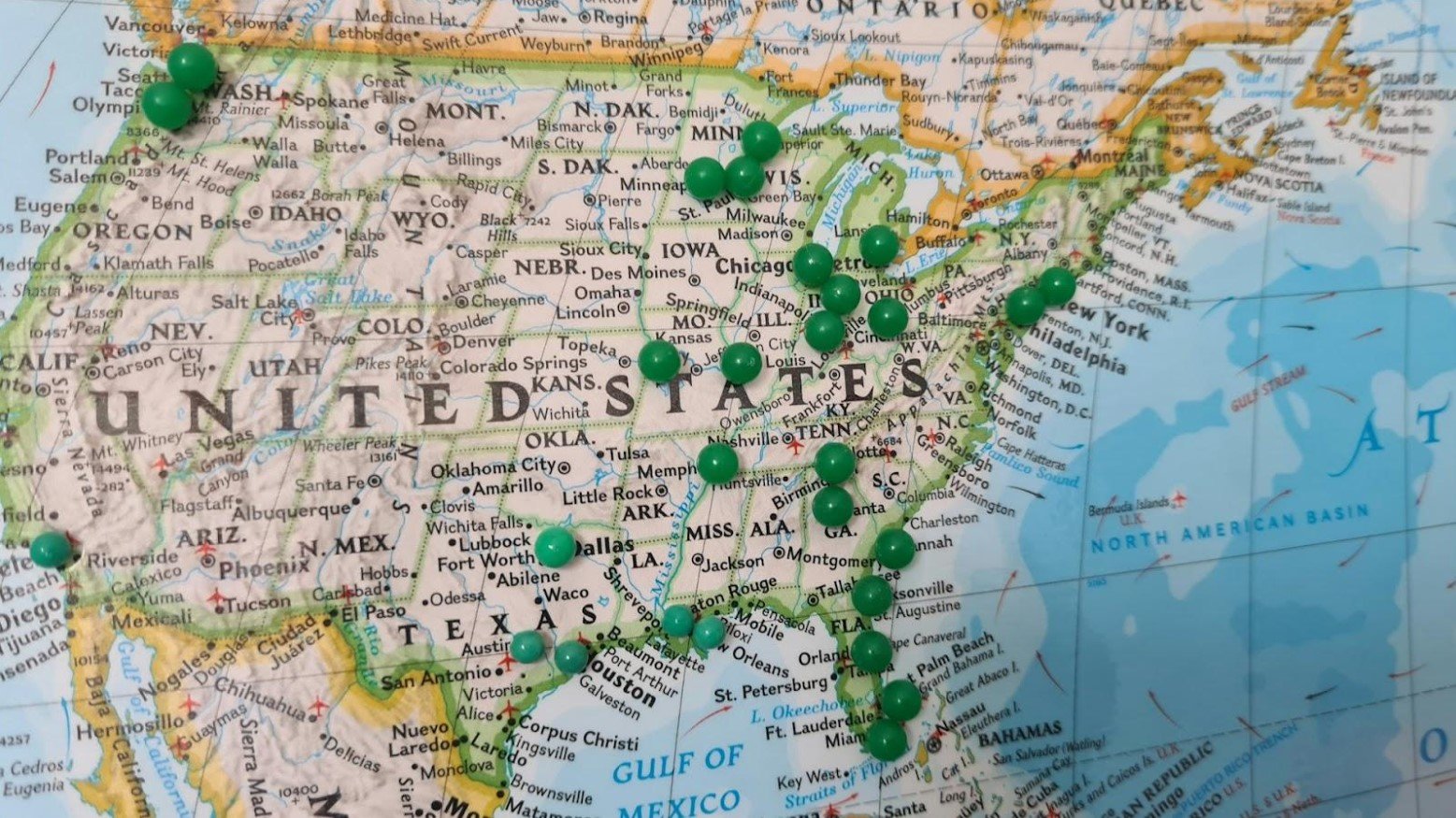
The CQC products that are suspected to be affected were distributed throughout the United States.
The recall notice was active in Georgia, Iowa, California, Illinois, Ohio, Michigan, Pennsylvania, Utah and Washington. A recall map illustrates where the potentially contaminated products are being recalled.
What Products Are Being Recalled?

Nine products from Clasen Quality Chocolate Inc. have been classified as a Class II risk by the FDA.
A full list of potentially contaminated products and lot codes can be found online but includes products like Snow White Chocolate and White Chocolate Wafer. Recalled products should be disposed of or returned to their place of purchase.
What Is Salmonella?
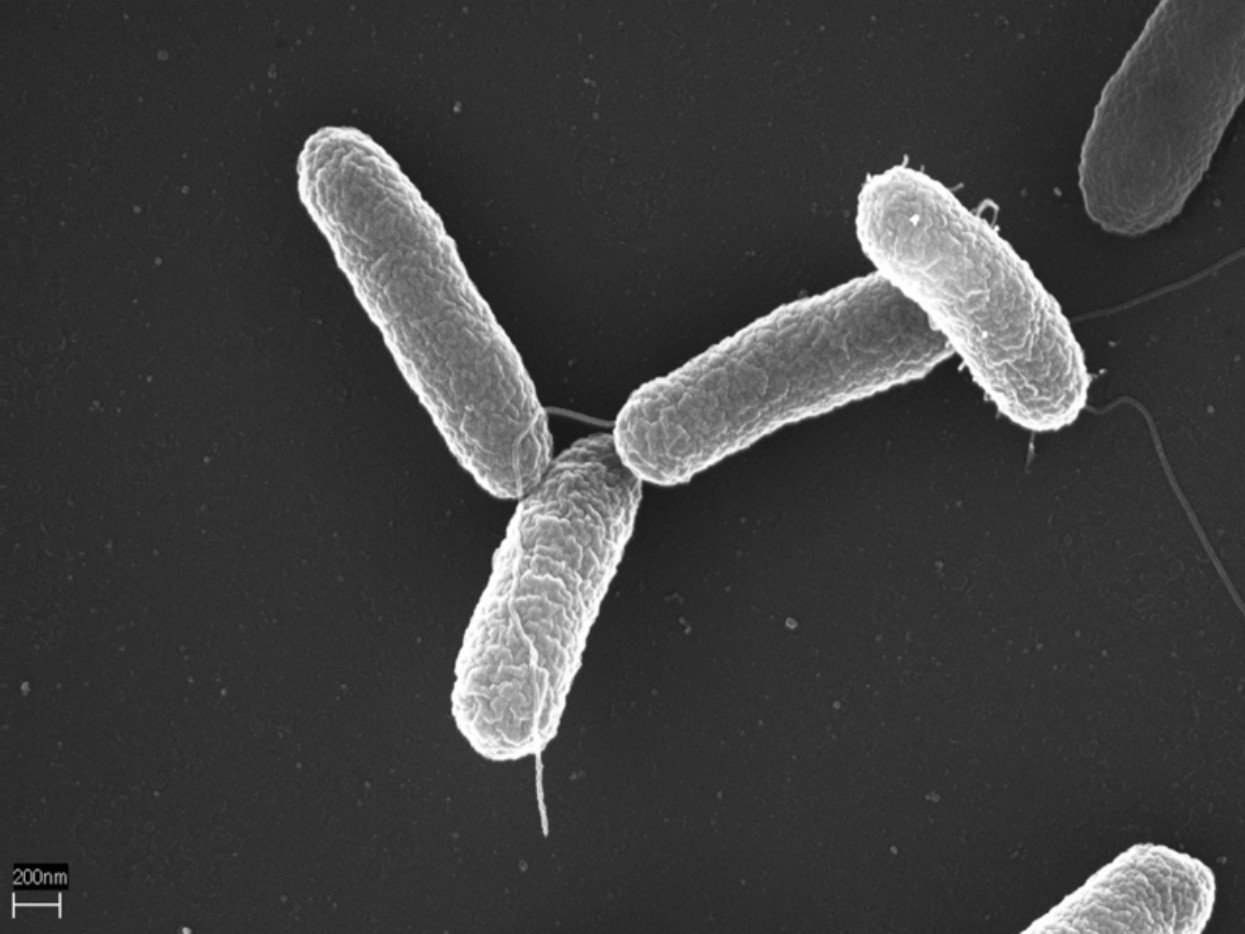
According to the FDA, Salmonella is a group of bacteria that have the potential to cause gastrointestinal illness and fever known as salmonellosis.
As well as being spread through poor hygiene in food preparation, Salmonella bacteria can also be spread directly from animals to humans, for instance when people come into contact with poultry and reptiles.
What Are the Symptoms of Salmonella Infection?
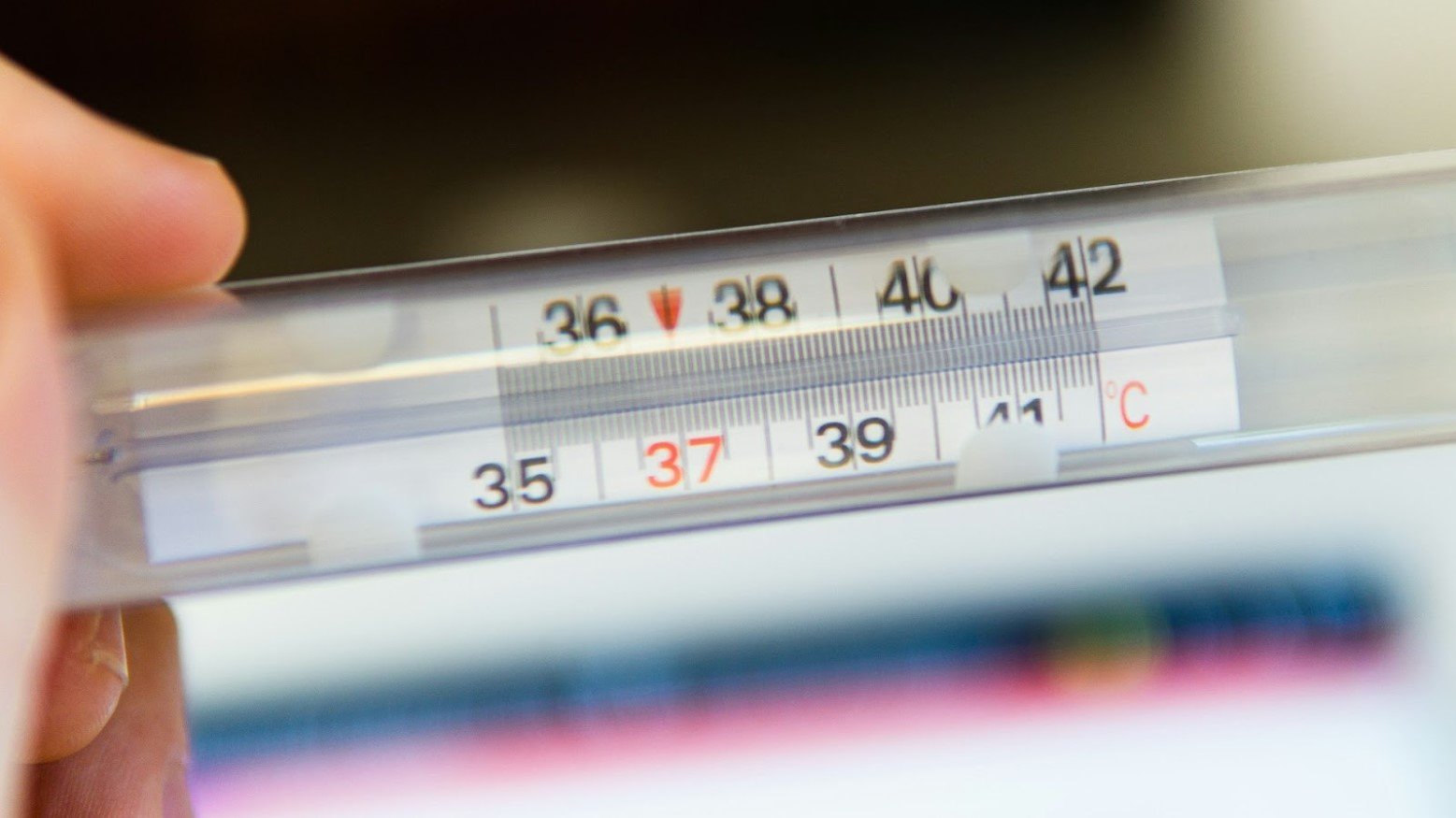
Per the FDA, the majority of people infected with Salmonella bacteria start to develop symptoms 12 to 72 hours post-infection.
Typically, people will develop fever, abdominal cramps and diarrhea. Some more severe presentations of salmonellosis might also include rash, high fever, aches, lethargy, headaches and blood in the urine and stool. In some rare cases, it can be fatal.
What Are the Risks?

Most people will recover from a Salmonella infection, but given the range in severity of symptoms, it’s always advisable to contact a healthcare provider if you suspect infection.
Those in “at-risk” groups are more likely to develop severe salmonellosis infections. This includes people with weakened immune systems, elderly people and children under five.
Preventing Salmonella
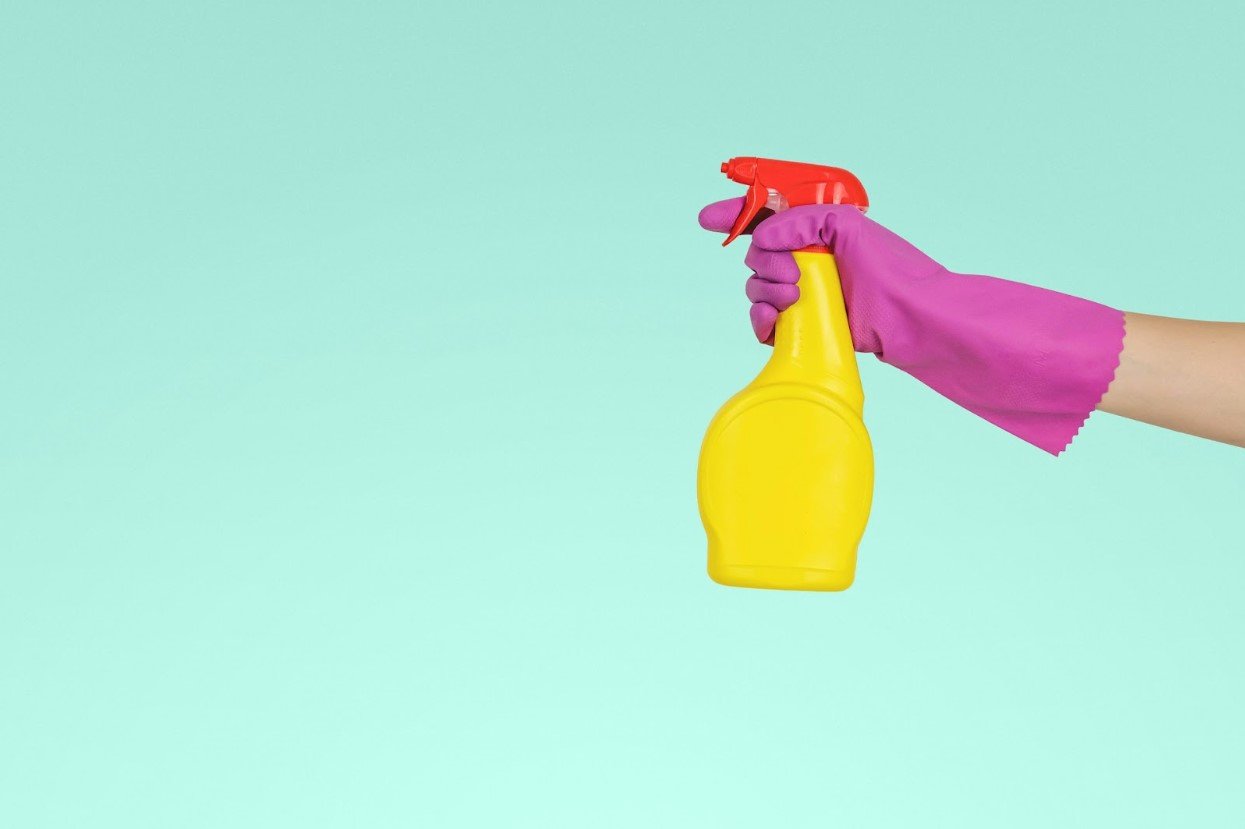
The key to preventing the spread of any foodborne illness is hygiene. Steps should be taken to eliminate the presence of bacteria, including washing and sanitizing countertops, utensils and chopping boards that may have been contaminated.
Washing hands is also an easy way to prevent contamination with foodborne illness. Those who are at risk should also avoid eating raw sprouts of any kind.
Other Recent Recalls
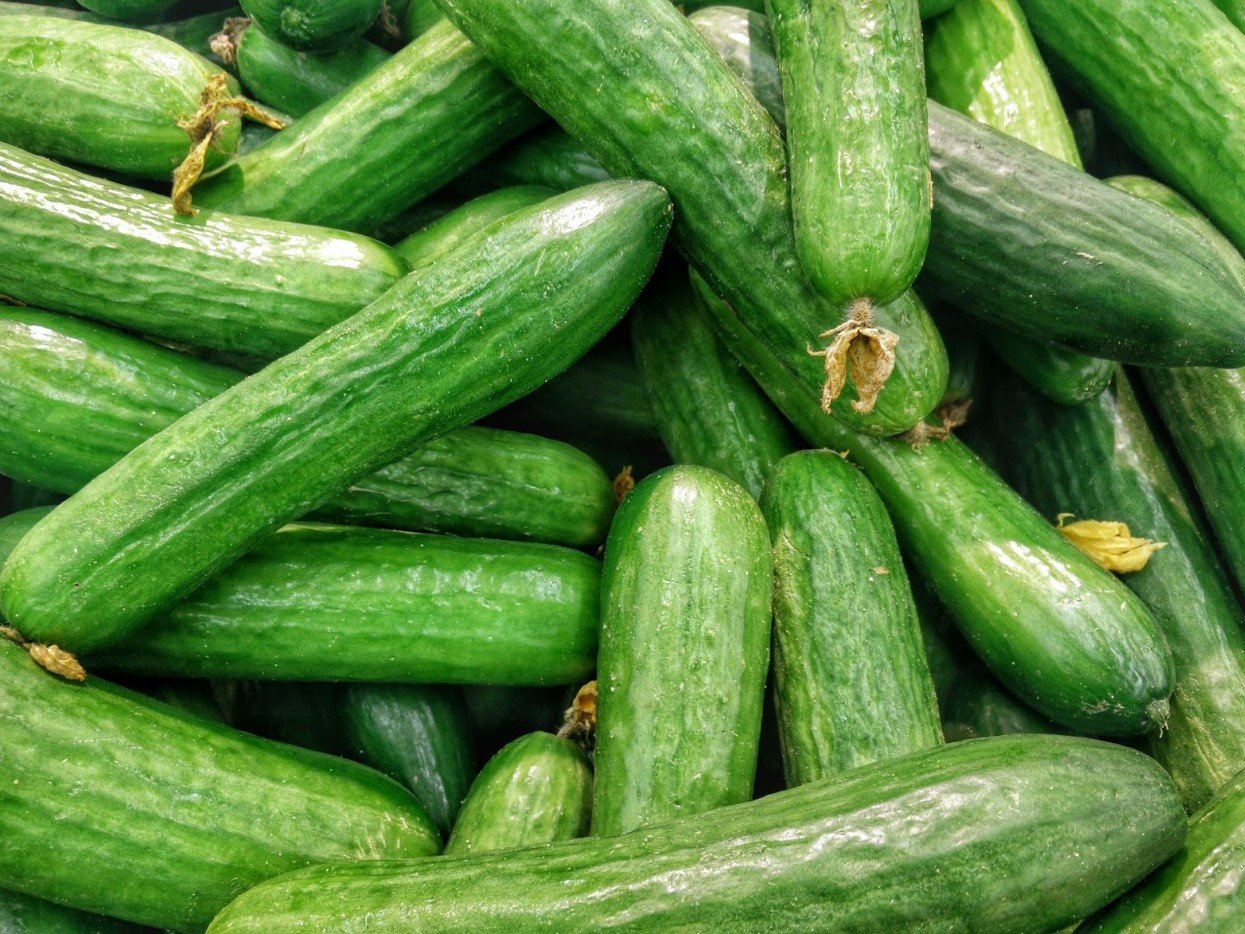
The FDA investigates outbreaks to control them and avoid too many people falling ill. They can also help prevent future outbreaks and optimize the FDA’s outbreak response.
Outbreaks can occur for a number of reasons. Recently, a Salmonella outbreak was linked to cucumbers when a Florida grower used untreated canal water.
More than One Chocolate Recall
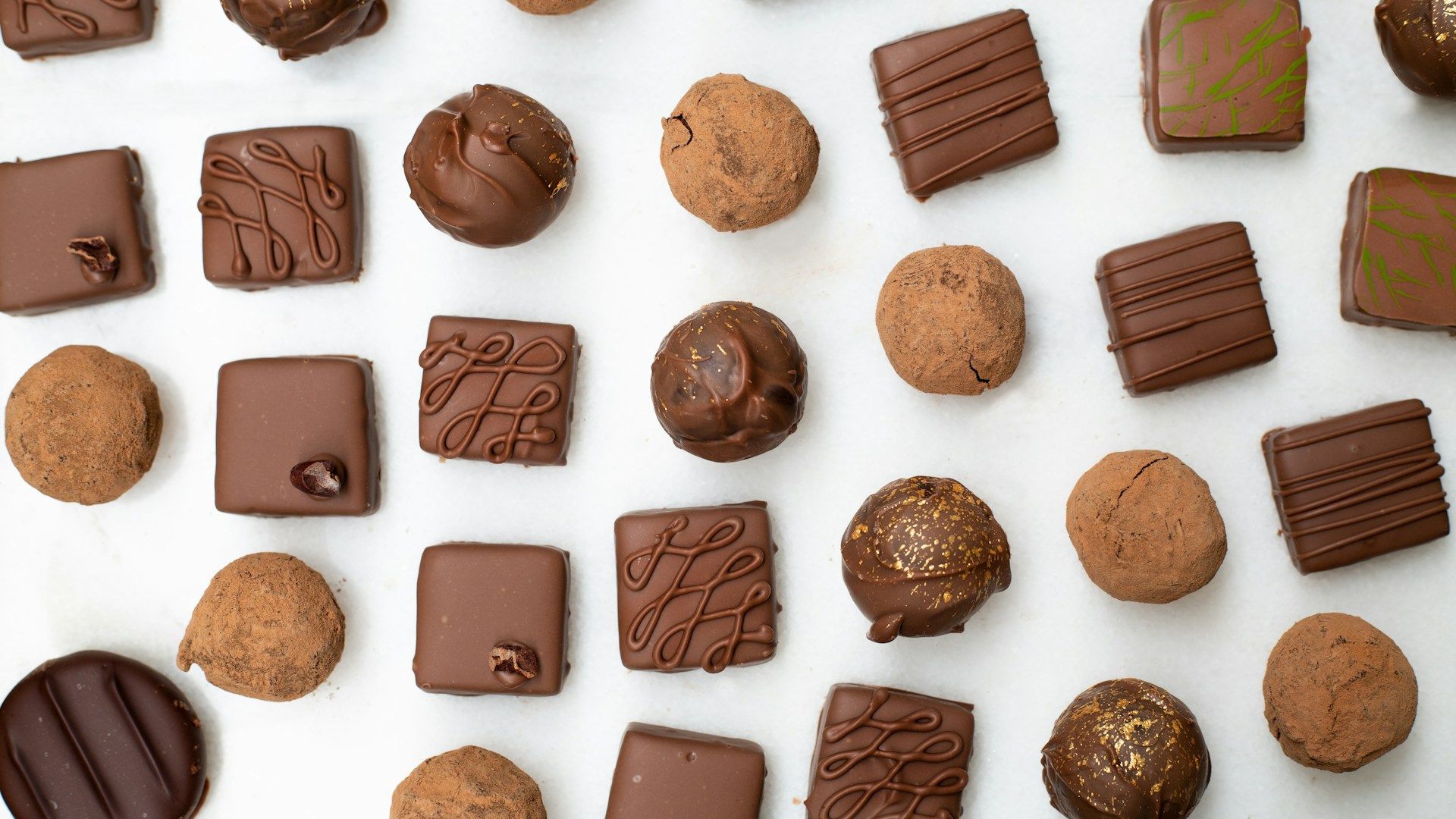
This recall of 4 million pounds of chocolate was not the only confectionery recall in recent weeks.
A New York-based retailer, A Swedish Candy Co., has recalled all its Marabou Sea Salt chocolate bars. The recall is due to fears that they could contain nuts and wheat without being declared on the packaging. The confectionery company announced the recall last week in cooperation with the FDA.
Imported Goods
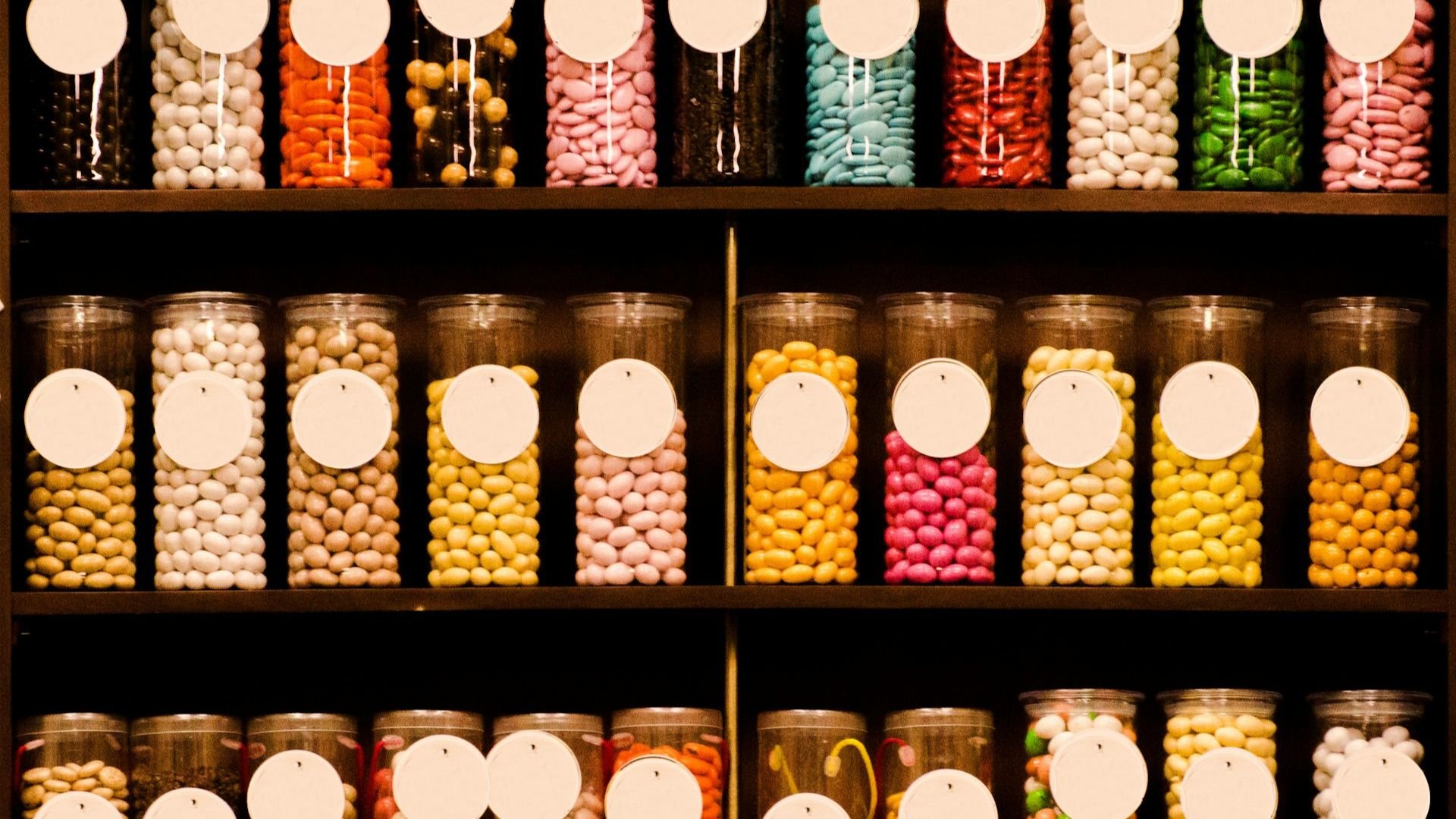
The retailer sold the Marabou Sea Salt chocolate bars in BonBon retail stores in New York City.
The company sold the products alongside other pre-packaged goods imported from Sweden. The recall notes say that those who are allergic or have a severe sensitivity to almonds and wheat “run the risk of serious or life-threatening allergic reaction” if they eat the bars.
No Reported Illnesses

Fortunately, no illnesses or hospitalizations have been reported in relation to the consumption of the recalled chocolate bar.
Each Marabou Sea Salt bar is nine inches by four inches in size and weighs 6.5 ounces (185 grams). Like with most food recalls, only certain batches of the product have been declared as potentially dangerous to consume. The production codes to look out for are OUV0134912 and OUV0140643.
Getting a Refund

Whether chocolate, pre-cooked meals or dog treats are being recalled, there is usually an avenue for consumers to get a refund on potentially contaminated products.
Anyone who has bought a Marabou Sea Salt chocolate bar can return it to the place of purchase for a full refund. You can also contact A Swedish Candy Co. by calling 212-786-0094 between 10 a.m. and 12 a.m. on any day of the week.
Candy Has Also Been Recalled
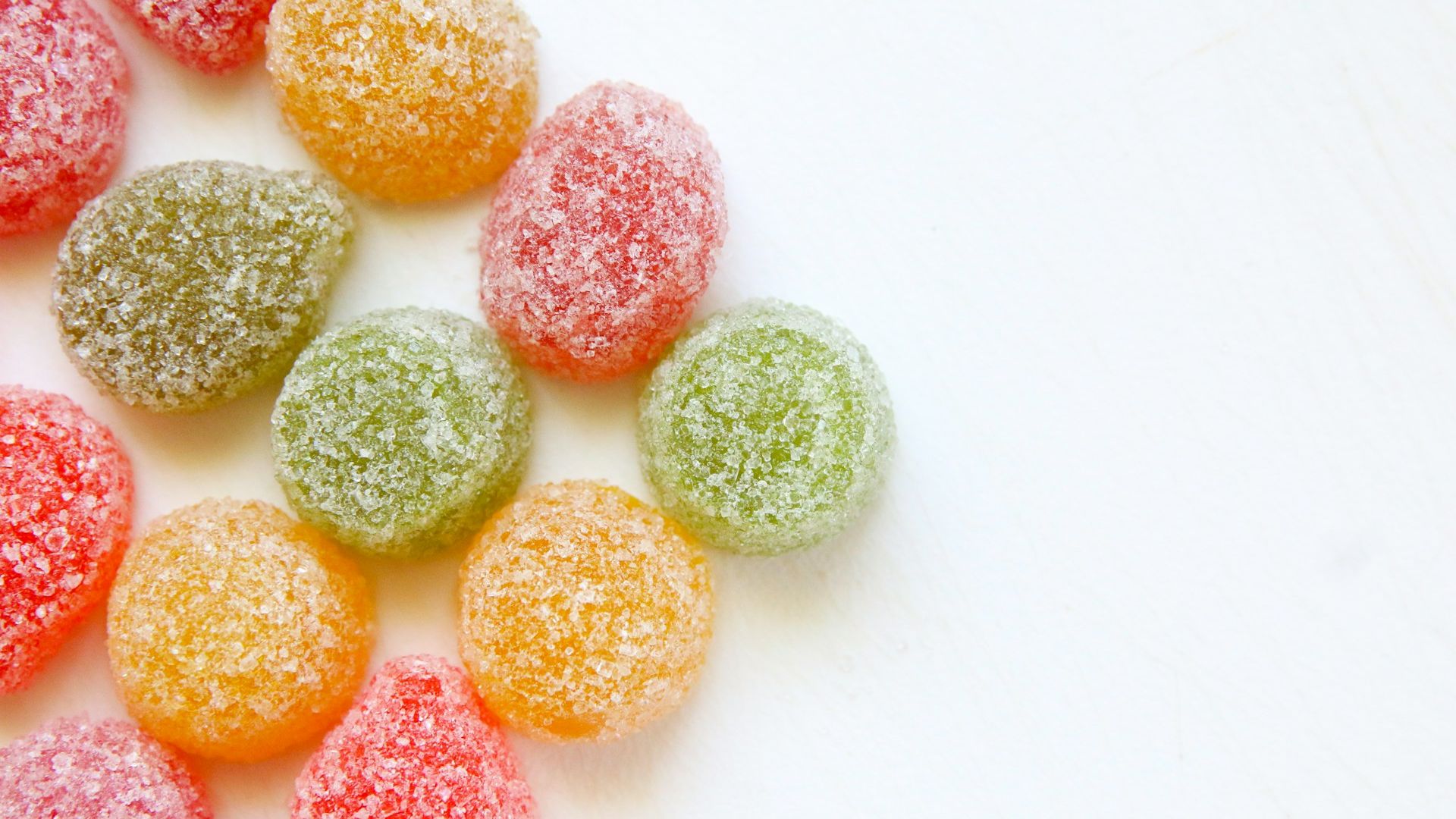
Other forms of confectionery have been taken off the shelves.
The FDA and CDC have expanded a recall of THC-infused sweets to include gummies and candies after people were hospitalized. In total, ten people across multiple states have needed medical attention. A 15-year-old girl was one of the consumers who fell ill, suffering from seizures, blackouts and abnormal heart rates.
Micro-Dosing Candy Recalled
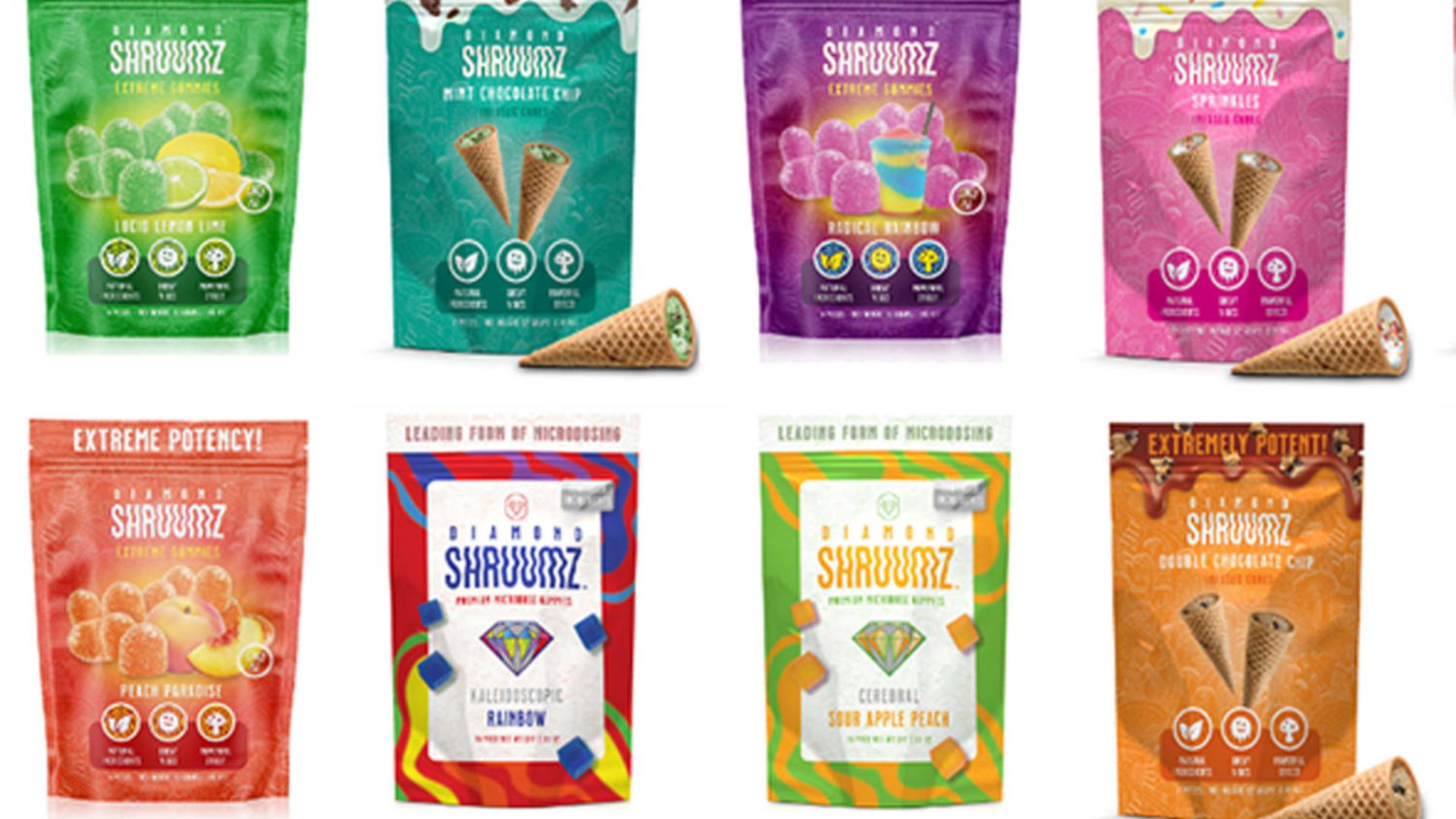
The FDA issued a “do not sell, do not eat” warning over three products made by Diamond Shruumz.
The products contain the psychoactive ingredient THC. The candies are sold nationwide at about $25 per chocolate bar at smoke and vape stores. The FDA urged the public not to eat, sell or serve any flavor of Diamond Shruumz chocolate, candy, or ice cream.
What to Do With Recalled Products
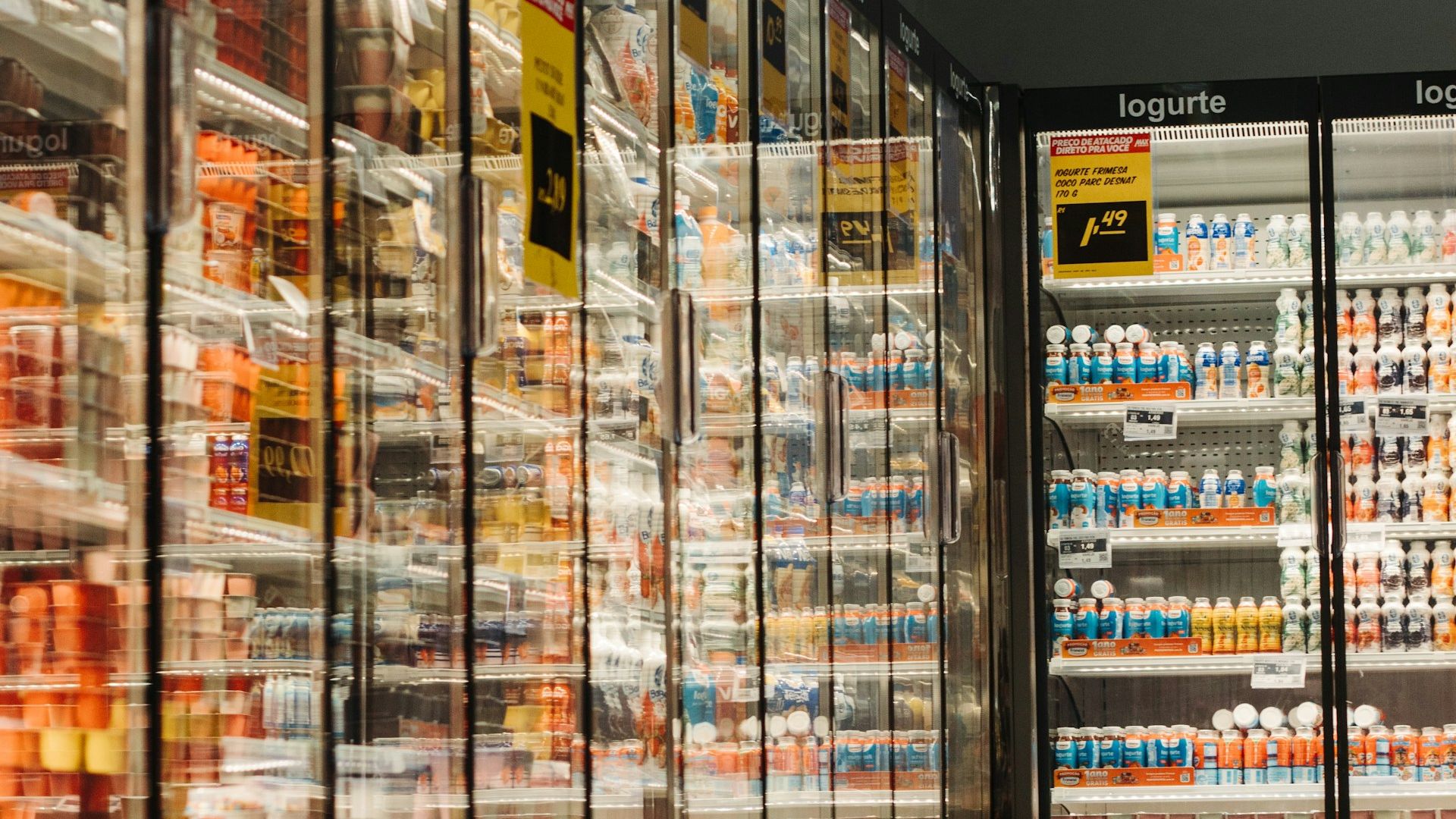
No matter what the recalled product is, it is better to be cautious rather than risk an allergic reaction or illness.
If you think you have purchased a recalled food, immediately throw the product away, pursue a full refund at the place of purchase and clean all surfaces where the product might have been stored. If you consumed a recalled product, seek medical attention if you experience symptoms of an illness or allergic reaction.
An Increase in Food Recalls
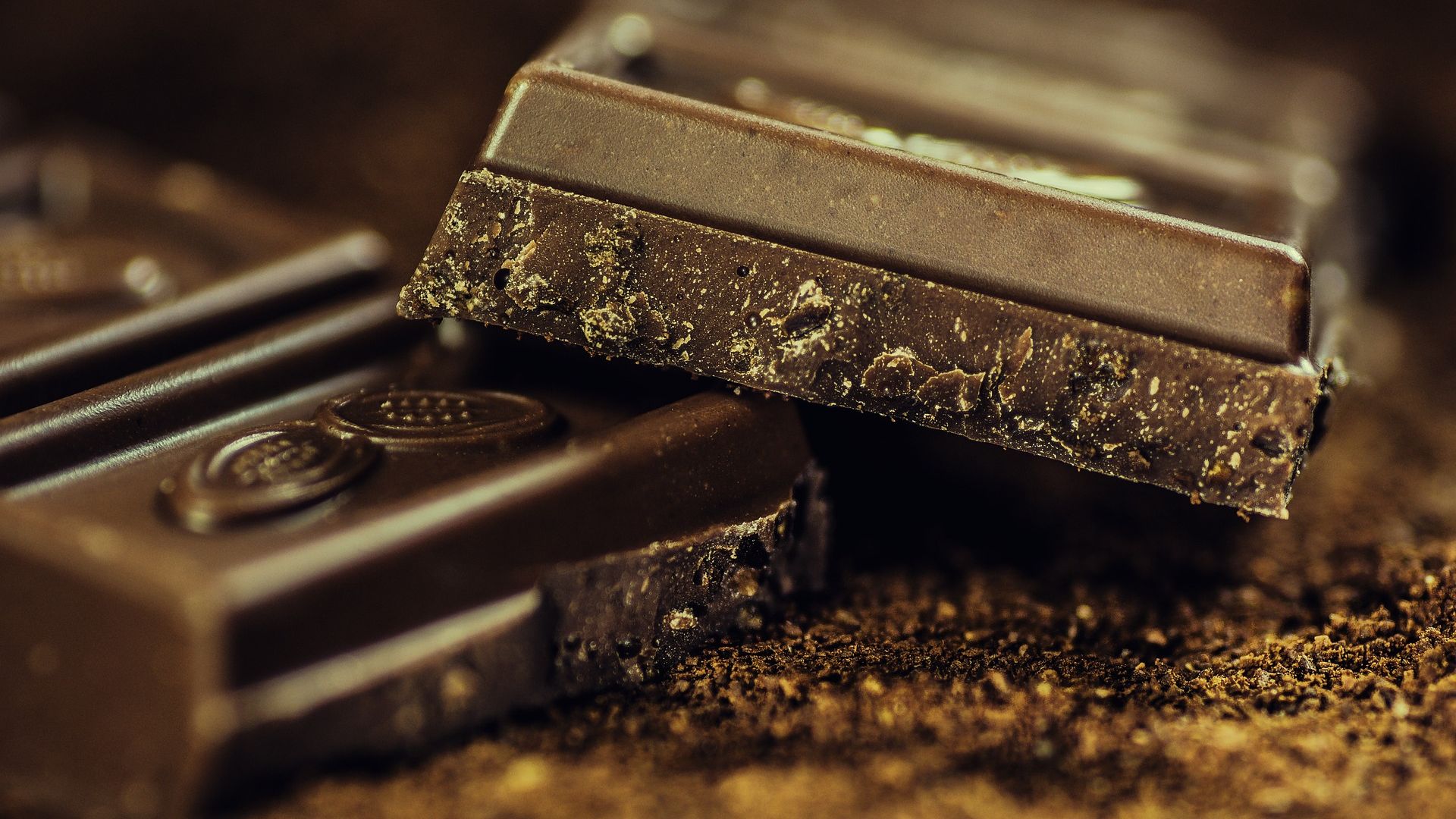
The number of food recalls is on the rise.
The number of recalls in 2023 reached the highest levels in the country since the beginning of the COVID-19 pandemic. The main reasons behind this increase are undisclosed allergens and listeria contamination, according to Forbes. The FDA announced 313 food recalls and alerts last year.
A Huge Recall Effort

Salmonella is fairly commonplace in the U.S., with the CDC estimating about 1.35 million infections per year. FDA recall notices flagging potentially infected food products are also not unheard of.
While the potential consequences of the outbreak are happily fairly minimal in terms of the threat to human life, the sheer logistics of recalling 4 million pounds of chocolates make this one of the more notable FDA product recalls of recent times.
Devastating Consequences
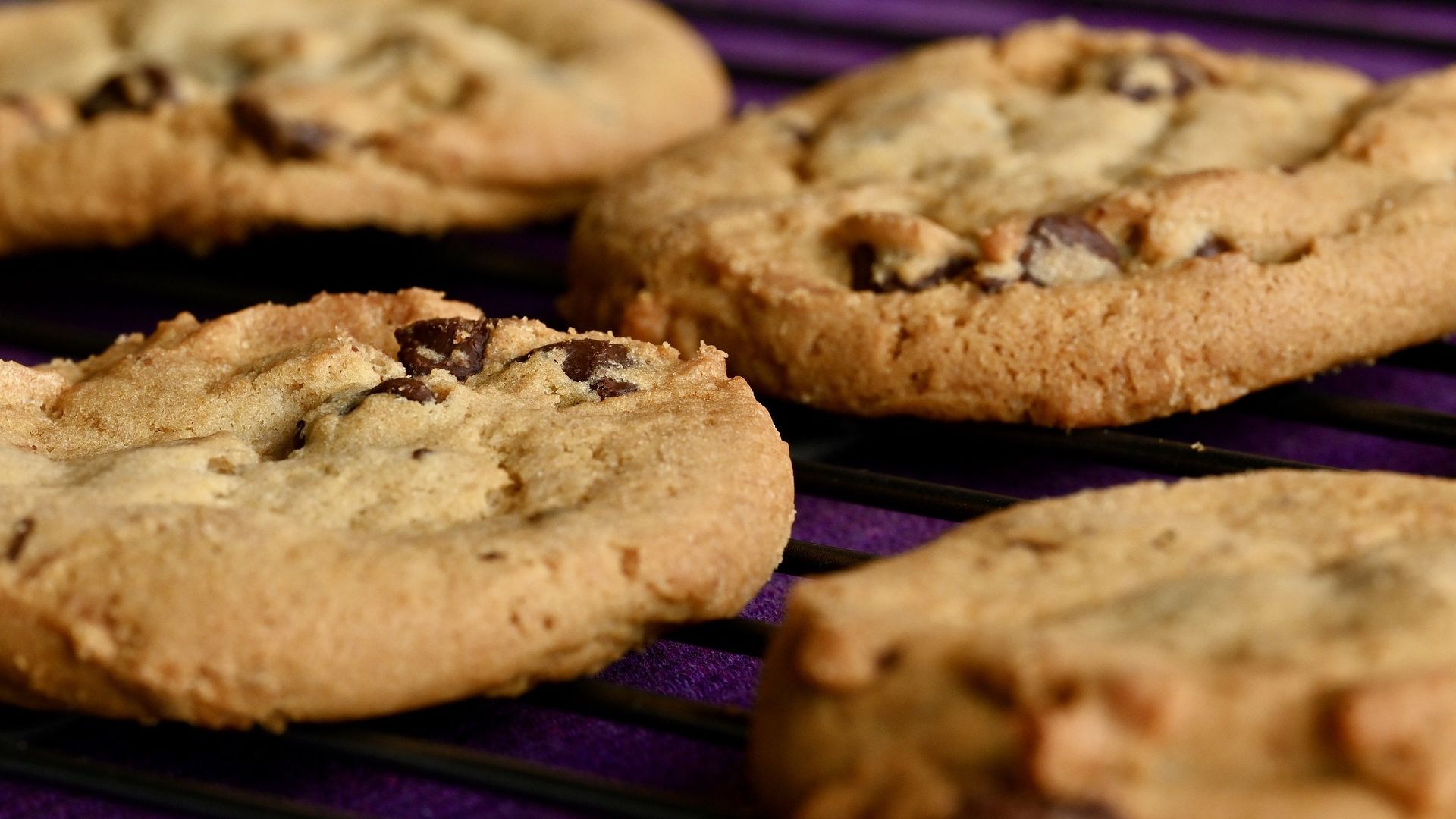
The spike in food recalls are for good reason. The impact of consuming potentially contaminated food can have dire consequences for consumers.
Contaminated food resulted in six deaths and over 1,100 illnesses last year. The number of illnesses is probably higher given that most people would have recovered from Salmonella or Listeriosis without needing to seek medical attention.
The Most Commonly Recalled Foods
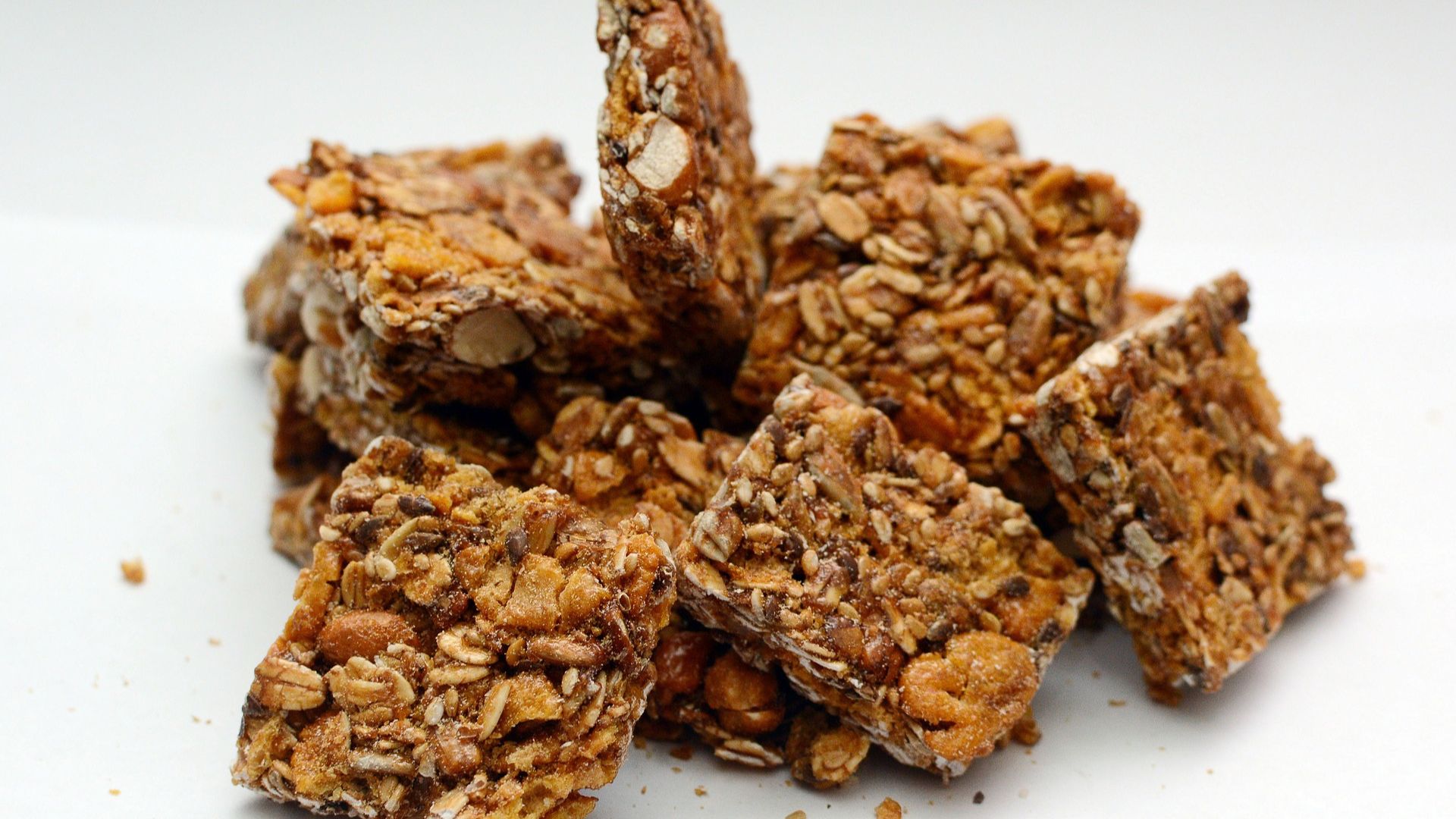
Which foods are most commonly recalled?
Last year, the most frequently recalled products were snacks like cookies and granola bars. These products accounted for one in five recalls. Fruit, beef, soup, salads, poultry, cheese, vegetables, supplements and pet food were also among the most common culprits.
Undisclosed Allergens
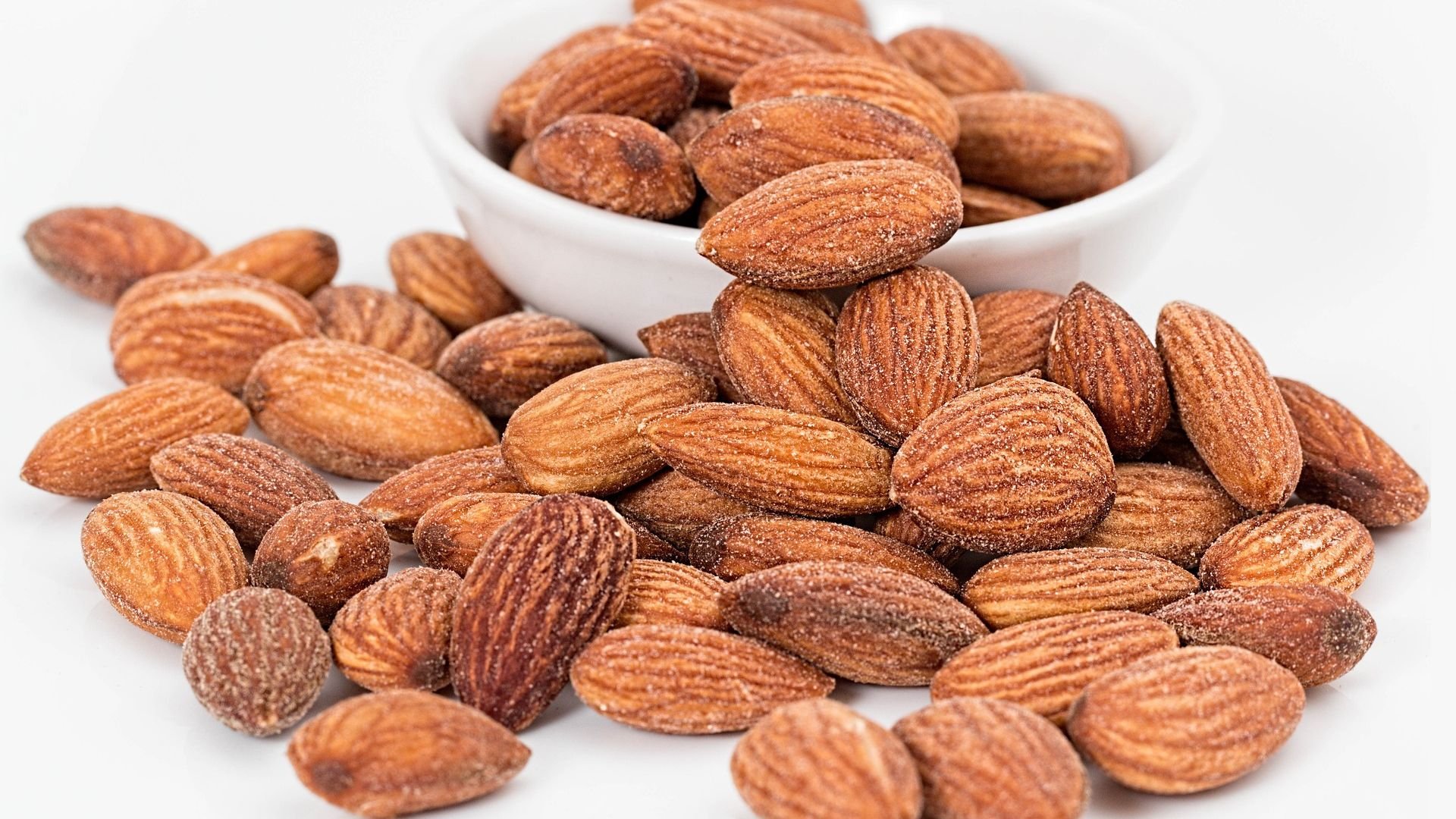
Almost half of all recalls in 2023 were related to allergens that were not declared on the product’s packaging.
While undisclosed allergens accounted for 49.3% of food recalls, 15% were due to listeria contamination and 8.6% were for salmonella contamination. Dairy products are particularly vulnerable to these issues.
